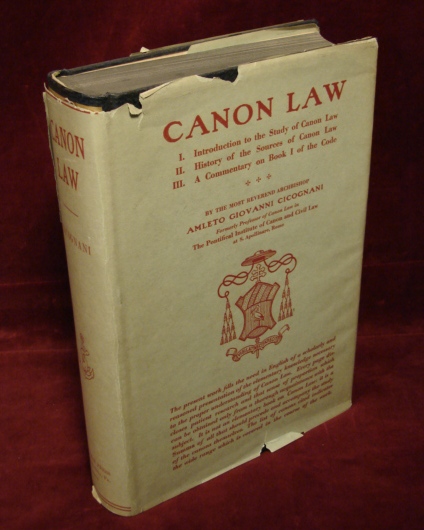 Just posted to the homepage: Nicholas P. Cafardi’s “Loose Canons: Ratzinger, Church Law & the Sexual-abuse Crisis.”
Just posted to the homepage: Nicholas P. Cafardi’s “Loose Canons: Ratzinger, Church Law & the Sexual-abuse Crisis.”
In 1988, the CDF was fielding lots of laicization requestsmany from accused American priestsand being pressured by U.S. bishops to grant them quickly. But Ratzinger found that objectionable. In his LOsservatore article, Arrieta explains that Ratzingers problem was the natural repugnance of a justice system to grant as a matter of grace (dispensation from the obligations of priesthood) something that should, instead be imposed as a punishment (dismissal, as a penalty, from the priesthood). Ratzinger wanted to make it clear that offending priests were receiving canonical punishment, not mercy.So Ratzinger asked the churchs chief canon lawyer, Cant we streamline the penal process to deal with these men? Castillo Laras response was lawyerly: The law will work if the bishops use it, but they are not using it. The involved bishops have not first exercised their judicial authority to properly punish such crimes, even for the protection of the common good. The problem is not so much one of juridic procedure but of responsible exercise of a bishops governing authority. Castillo Lara, too, had been hearing bishops complain that they could not use the canonical criminal system because it was too unwieldy. The fact that he mentions the involved bishops in his letter indicates that he thought bishops should have held abusive priests responsible in the canonical criminal trials provided for in the Code. Ratzinger replied courteously, and that was the end of the exchange.Was Castillo Lara right? Were U.S. bishops not doing their jobs? Yes and no. While its true that many U.S. bishops had come to the conclusion that administrative laicization was the best way to handle sexually abusive priests, its not as though they didnt have their reasons.
Read the rest right here.
